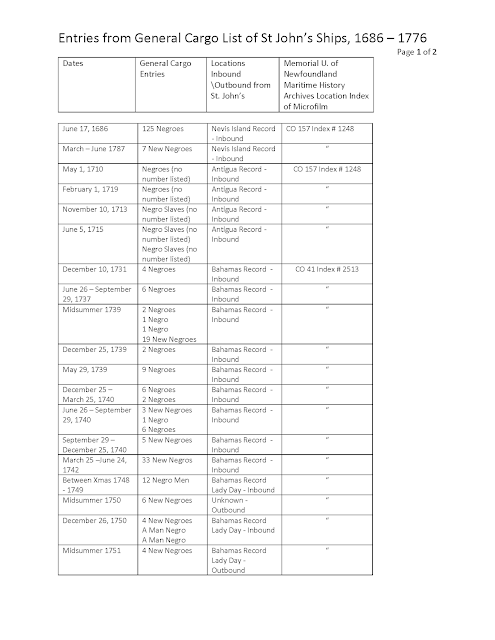Martin Luther King: Resilience and His Message for Canada Then and Now
Martin Luther King: Resilience and His Message for Canada Then and Now
Wilburn Hayden, PhD, Professor, York University School of Social Work
First Unitarian Universalist Congregation of Hamilton
January 14, 2018
Resilience is the word that comes to my mind when I remember MLK. A common understanding of resilience is the ability to overcome risks and being able to move forward in a right direction of positive and progressive change. There are three presumptions associated with resilience: that it can be acquire by anyone if they follow a prescribed course of action; that equality exists amongst all individuals and communities; and that anyone can learn to take the right action. With these presumptions comes an understanding that people living in marginalized or racialized communities affected by social barriers should be able to foster individual resilience just as easily as people living in privilege communities.
Understanding resilience in this way places responsibility on the individual to overcome risks and disadvantages in spite of societal barriers. King’s work asked us to think differently about resilience. Our Second Principle: justice, equity, and compassion in human relations, also ask us to include an understanding beyond individual responsibilities and efforts.
King asked us then, and now to see resilience as a tool in addressing racism and discrimination of blacks and others living within our marginalized communities. He challenged us to go deeper in our use of resilience to see racial issues through systemic inequalities. He demonstrated a need to shift resilience away from individual change or charity work to addressing racial structural barriers. By reconceptualising resilience beyond the individual, he directed his actions toward creating racial change at societal level rather than at individual blacks living within marginalized communities. King advocated for change in social arrangements and traditions, legislations, public accommodations and commerce to affect structural inequality rather than placing blame and responsibility onto individuals.
Having coming of age as a black activist, I skipped past King’s Civil Rights struggle going directly to the radical black struggle. At the time, I had no time for MLK approaches. In retrospect, the two approaches were closer to each other than any of us knew. Especially, in how our strategies related to resilience as a tool for creating racial change.



Comments
Post a Comment